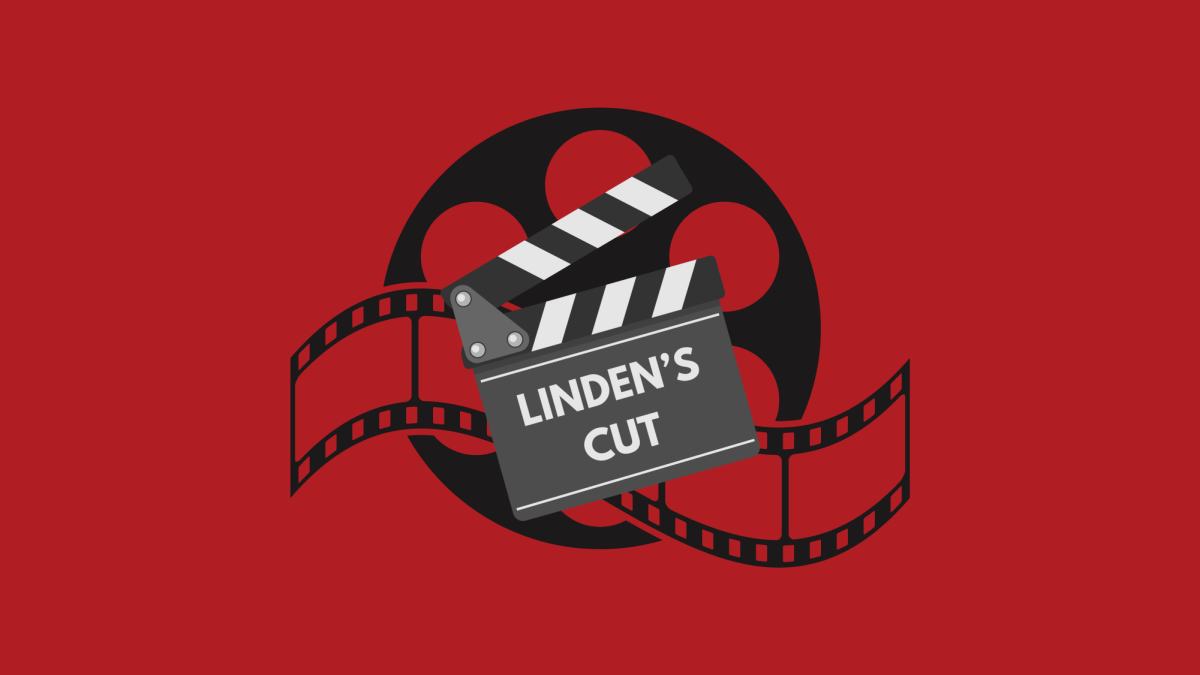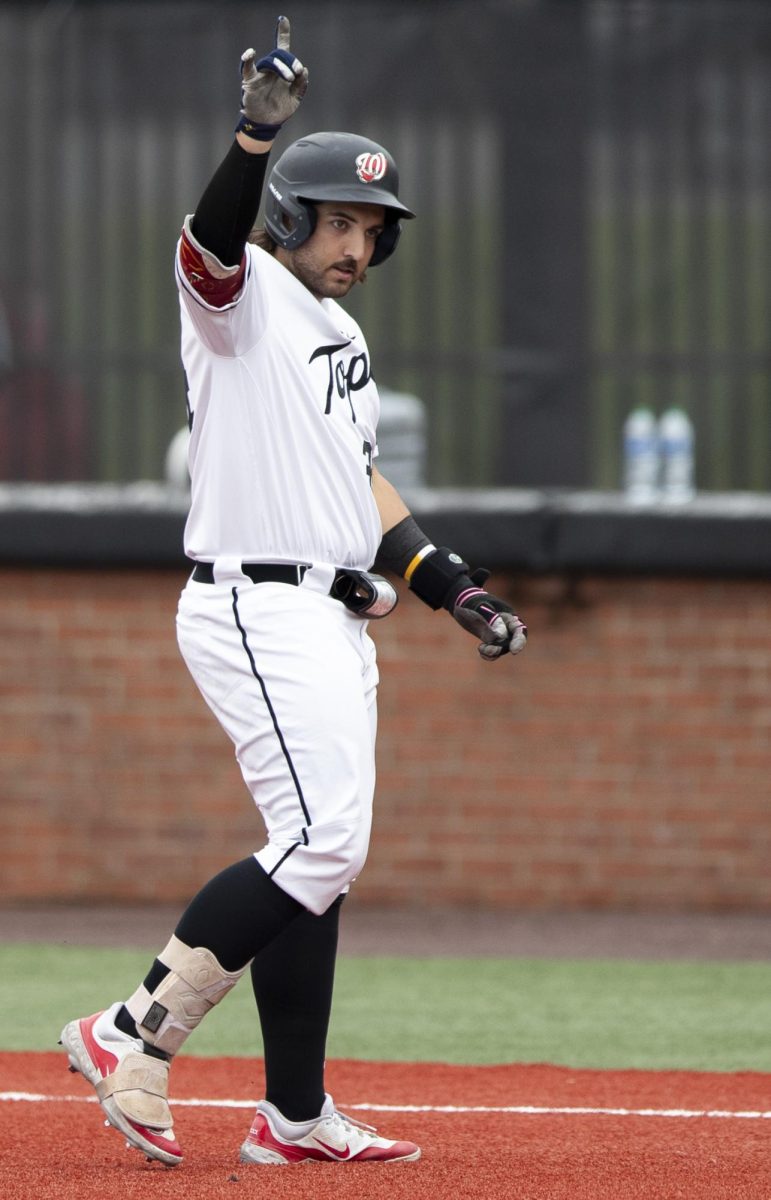Campus file sharers could face harsh consequences if caught
September 30, 2003
Despite what most people probably learned in kindergarten, sharing might not be such a good idea.
Especially when it comes to downloading music.
Media companies are suing people for copyright infringement across the country. Illegal downloading and file sharing have also become a problem on the Hill.
The Recording Industry Association of America began filing lawsuits against people sharing copyrighted material through peer-to-peer networks on Sept. 8.
“We simply cannot allow piracy to continue destroying the livelihoods of artists, musicians, songwriters, retailers and everyone in the music industry,” RIAA president Cary Sherman said in a press release on the RIAA Web site.
Western Network Security Specialist Brandon Vincent said no Western students have been fined or sued.
But students are illegally downloading and sharing mostly music and movies, said David Beckley, director of network campus communication.
Western does not monitor individual student use of the campus network. But every week companies such as the RIAA, the Motion Picture Association of America, Sony, Media Force and Universal Studios send notices to Western regarding illegal file sharing activity on its network.
Richard Kirchmeyer, vice president for Information Technology, said the companies are only targeting people who make copyrighted files available through sharing.
But that could change, he said.
Kirchmeyer said some students are also illegally downloading copyrighted material for themselves.
“Students should not download copyrighted songs or share copyrighted songs because they’ll find themselves in court,” Kirchmeyer said.
Kirchmeyer said if Western is subpoenaed, it will have to give the names of students involved in file sharing. He said the notices contain information that allows Western to identify individual students.
Western is required by law to stop any illegal file sharing activity after it is notified, and Western could face lawsuits if it does not comply, he said.
Vincent talks to the students identified by the notices.
“They respond very well to it,” he said. “Most of them are very cooperative. Several students tell me that they didn’t realize it was a problem or that it was illegal.”
Students who continue the illegal activity are disconnected from the network, Kirchmeyer said.
Kirchmeyer said he isn’t aware of any Western students being disconnected.
Vincent said the number of notices sent to campus varies. But the number of notices doesn’t reflect the true number of students who are involved, he said.
The companies periodically decide whether or not to locate people worldwide who are sharing a particular song or movie they own. Under that system, not every student who shares files gets caught, Vincent said.
Western permits file sharing because there are some non-copyrighted materials that are legal to share, he said.
Beckley said students are expected to use the Internet for personal reasons, but it is intended to be used for education.
Beckley said a large amount of downloading can slow the network speed.
“The students are hurting themselves in terms of network and Internet performance,” he said.
Reach Shawntaye Hopkins at [email protected].



















![Students cheer for Senator at Large Jaden Marshall after being announced as the Intercultural Student Engagement Center Senator for the 24th Senate on Wednesday, April 17 in the Senate Chamber in DSU. Ive done everything in my power, Ive said it 100 times, to be for the students, Marshall said. So, not only to win, but to hear that reaction for me by the other students is just something that shows people actually care about me [and] really support me.](https://wkuherald.com/wp-content/uploads/2024/04/jadenmarshall-600x422.jpg)




